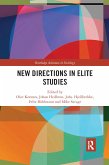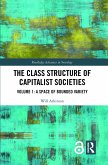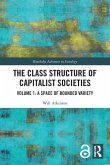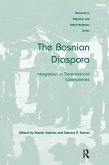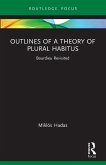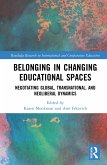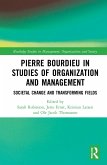The volume provides a field-analytical methodology for researching knowledge-based sociopolitical processes of transnationalization. Drawing on seminal work by Pierre Bourdieu, we apply concepts of practice, habitus, and field to phenomena such as cross-national social trajectories, international procedures of evaluation, standardization, and certification, or supranational political structures. These transnational phenomena form part of general political struggles that legitimate social relationships in and beyond the nation-state.
Part 1 on methodological foundations discusses the consequences of Bourdieu's epistemology and methodology for theorizing and investigating transnational phenomena. The contributions show the importance of field-theoretical concepts for post-national insights. Part 2 on investigating political fields presents exemplary case studies in diverse research areas such as colonial imperialism, international academic rankings, European policy fields, and local school policy. While focusing on their research objects, the contributions also give an insight into the mechanisms involved in processes of transnationalization.
The volume is an invitation for sociologists, political scientists, and scholars in adjacent research areas to engage with reflexive and relational research practice and to further develop field-theoretical thought.
Part 1 on methodological foundations discusses the consequences of Bourdieu's epistemology and methodology for theorizing and investigating transnational phenomena. The contributions show the importance of field-theoretical concepts for post-national insights. Part 2 on investigating political fields presents exemplary case studies in diverse research areas such as colonial imperialism, international academic rankings, European policy fields, and local school policy. While focusing on their research objects, the contributions also give an insight into the mechanisms involved in processes of transnationalization.
The volume is an invitation for sociologists, political scientists, and scholars in adjacent research areas to engage with reflexive and relational research practice and to further develop field-theoretical thought.


